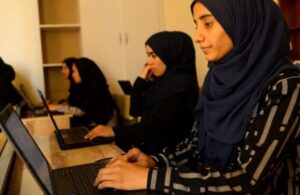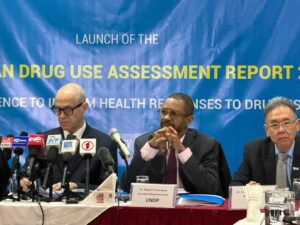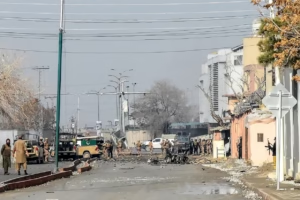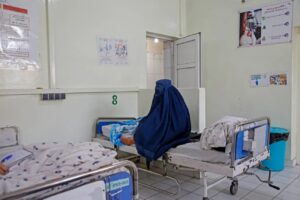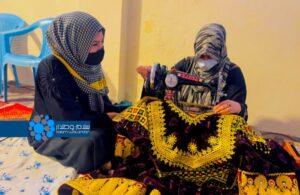MONITORING (SW) – The Israeli Prime Minister has claimed that ongoing air strikes have killed two successors to Hezbollah’s slain leader, Hassan Nasrallah.
Speaking in a video released by his office hours after the deputy leader of Hezbollah left the door open to a negotiated ceasefire on Tuesday, Benjamin Netanyahu also said Israel had expanded its ground offensive against Iran-backed Hezbollah by deploying a fourth army division to south Lebanon, reported ABC.
“We’ve degraded Hezbollah’s capabilities. We took out thousands of terrorists, including [Hassan] Nasrallah himself and Nasrallah’s replacement, and the replacement of the replacement,” he said, without naming the latter two.
Safieddine has not been heard from publicly since that air strike, part of an escalating Israeli offensive after a year of border clashes with Hezbollah.
An Israeli air strike targeted a residential building in the Mezzah suburb west of the Syrian capital Damascus on Tuesday, killing seven civilians and injuring 11 others, Syrian state media reported. The seven civilians included women and children, state media reported, citing a military source, adding the strike also caused “grave” material damage to private properties in surrounding areas.
State media earlier reported that Syria’s air defences had intercepted “hostile” targets in the vicinity of Damascus.
Israel has been carrying out strikes against Iran-linked targets in Syria for years but has ramped up such raids since last year’s October 7 attack by Palestinian group Hamas on Israeli territory that sparked the Gaza war.
Hezbollah deputy leader Sheikh Naim Qassem has said the group will continue to fight despite the loss of their leader Hassan Nasrallah. Hezbollah deputy chief Naim Qassem said the group supported Lebanese efforts for a ceasefire with Israel, after two weeks of heavy Israeli strikes. Qassem’s remarks were shown on television after Israeli forces began ground operations in the south-west of Lebanon, expanding incursions into a new zone.
Iran warned Israel on Tuesday against any attacks on the Islamic Republic, a week after Tehran fired a barrage of missiles at Israel.
Iran supports a ceasefire in Lebanon “on the condition that it would be acceptable to the Lebanese people, acceptable to the resistance, and thirdly, it would be synchronized with a ceasefire in Gaza,” the foreign minister said. Any attack on Iran’s infrastructure will be met with retaliation, Iranian Foreign Minister Abbas Araghchi said.
Gulf Arab states have sought to reassure Tehran of their neutrality in the Iran-Israel conflict, sources told Reuters last week.

